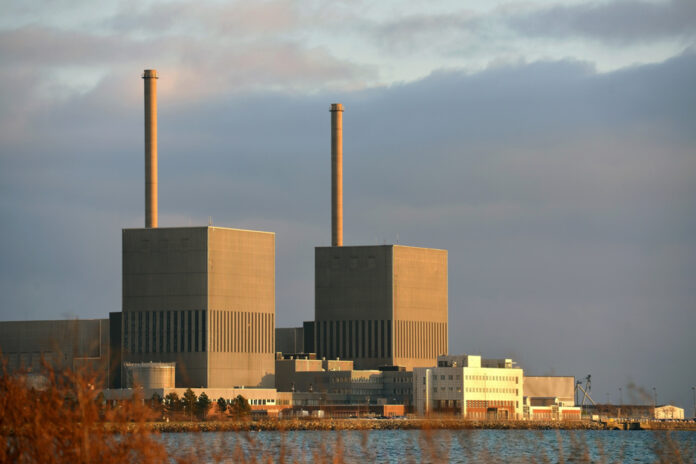However, the door had been closed since 1980. That year, Sweden renounced nuclear energy after consulting the population in a referendum. Its recent decision to reconnect with this controversial energy source is a major reversal that should challenge us.
Sweden, a small northern country of 10 million inhabitants to which Quebec likes to compare itself, is facing a challenge that tells us something. The country must double its electricity production capacity by 2045 to meet the growing demand generated by the gradual elimination of fossil fuels.
For years, Sweden has been making commendable efforts to develop renewable energy sources. More than half of the country’s total energy consumption is from renewable sources, mainly hydroelectric and wind power. Nuclear, which is not considered a renewable energy source but does not emit greenhouse gases, accounts for 30% of production.
Despite this enviable energy profile, the government believes that it cannot achieve its goal of eliminating its greenhouse gas emissions without resorting to nuclear power.
The idea of a return to nuclear power had been floating in Swedish skies for some time, but the announcement made on August 9 by the Minister of the Environment had the effect of an earthquake in the country. The 27-year-old minister, Romina Pourmokhtari, officially announced the lifting of legal restrictions on the development of future nuclear power plants and the end of the moratorium on uranium mining.
Sweden has six nuclear reactors in operation. According to the minister, it would need 10 more to meet the electricity needs expected in 20 years.
After 40 years, Sweden is therefore about to change sides in the great debate which divides the world on nuclear energy. This is not unique to the country of Greta Thunberg. The same reality holds true everywhere: solar and wind power, which are intermittent energy sources, are not enough to provide the reliable electricity supply the world needs.
Until other technologies become commercially viable, such as storage, which could ensure a continuous supply in the absence of sun or wind, nuclear power is regaining its place in the arsenal of the fight against climate change1.
Even Quebec, which shut down its only nuclear power plant 20 years ago, is not immune to the debate. The new president of Hydro-Québec, Michael Sabia, asked the company to dust off the nuclear file closed in 2012.
Times have changed, technology is evolving and there is no perfect energy source. If the experts tell us that there are risks associated with nuclear power, they also tell us that there are risks in depending 99% on a single source of basic energy, hydroelectricity, at the mercy climatic hazards.















